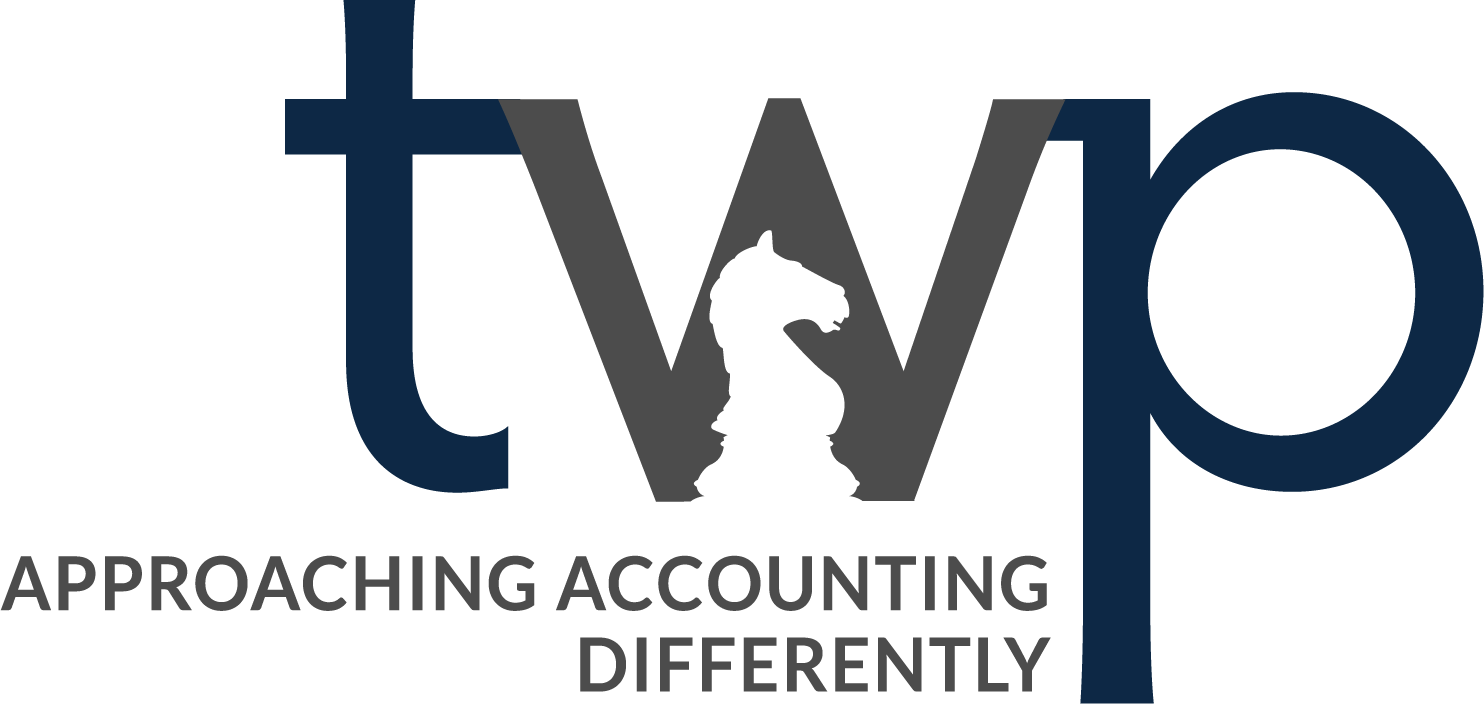The IRS has a new due date requirement of 1/31/17 for employers to provide W2s & certain 1099s to employees & contractors. Traditionally, 1099s were allotted more time to be delivered. This has changed for 2017 (tax year 2016). Here are some more popular forms that must be released by 1/31 from the IRS website:
Reporting Due Dates
Generally, employers must report wages, tips and other compensation paid to an employee by filing the required form(s) to the IRS. You must also report on the taxes you deposit.
By January 31 (Note new due dates for Tax Year 2016 Form W-2, Wage and Tax Statement, and Form 1099, Miscellaneous Income with Box 7 entries)
- File Form 940, Employer’s Annual Federal Unemployment (FUTA) Tax Return. However, if you deposited all of the FUTA tax when due, you have 10 additional calendar days to file.
- File Form 943, Employer's Annual Federal Tax Return for Agricultural Employees if you paid wages to one or more farmworkers and the wages were subject to social security and Medicare taxes or federal income tax withholding under the $150 Test or the $2,500 Test.
- File Form 944, Employer’s Annual Federal Tax Return, for the previous calendar year instead of Form 941 if the IRS has notified you in writing to File Form 944.
- File Form 945, Annual Return of Withheld Federal Income Tax, to report any nonpayroll income tax withheld in the previous year. If you deposited all taxes when due, you have 10 additional calendar days to file. See Nonpayroll Income Tax Withholding under Reminders in Publication 15 for more information.
- File Copy A of all paper Forms W-2, Wage and Tax Statement, with Form W-3, Transmittal of Wage and Tax Statements, or file electronic Forms W-2, with the Social Security Administration (SSA) to report wages, tips and other compensation paid to an employee. For information on reporting Form W-2 information to the SSA electronically, visit the SSA Employer W-2 Filing Instructions & Information Web page. See SSA Publication No. 42-007 for help in electronically filing Forms W-2.
- File Copy A of paper, Form 1099, Miscellaneous Income, with Form 1096, Annual Summary and Transmittal of U.S. Information Returns, or file electronic Forms 1099, Miscellaneous Income with the IRS, when you are reporting non-employee compensation payments in box 7.See IRS Publication 1220 for help in electronically filing Forms 1099.
By February 28
- File Copy A of paper Form 1099, other than those with entries in box 7, (see By January 31 above,) with Form 1096, Annual Summary and Transmittal of U.S. Information Returns, with the IRS. For electronically filed returns, see By March 31 below.
- File paper Form 8027, Employer’s Annual Information Return of Tip Income and Allocated Tips, with the IRS. See section 6 of Publication 15. For electronically filed returns, see By March 31 below.
By March 31
- File electronic Form 1099, other than those with entries in box 7, (see By January 31 above,)
- and electronic Form 8027 with the IRS. (See Publication 1220 for help in electronically filing Forms 1099 and Publication 1239 for help in electronically filing Forms 8027.)
By April 30, July 31, October 31, and January 31
- File Form 941, Employer’s QUARTERLY Federal Tax Return, for the fourth quarter of the previous calendar year. If you timely deposited all taxes when due, you have 10 additional calendar days from January 31 to file the appropriate return.
Get Ready Today to File Your 2016 Individual Income Tax Return (Publication 5273)
The IRS has significantly strengthened its security measures with regard to filing individual and business income tax returns in light of the large increase in identity thefts and fraudulent returns that have been filed. Please click this link to Publication 5273 to review some new steps the IRS has implemented to try to protect taxpayer information.


